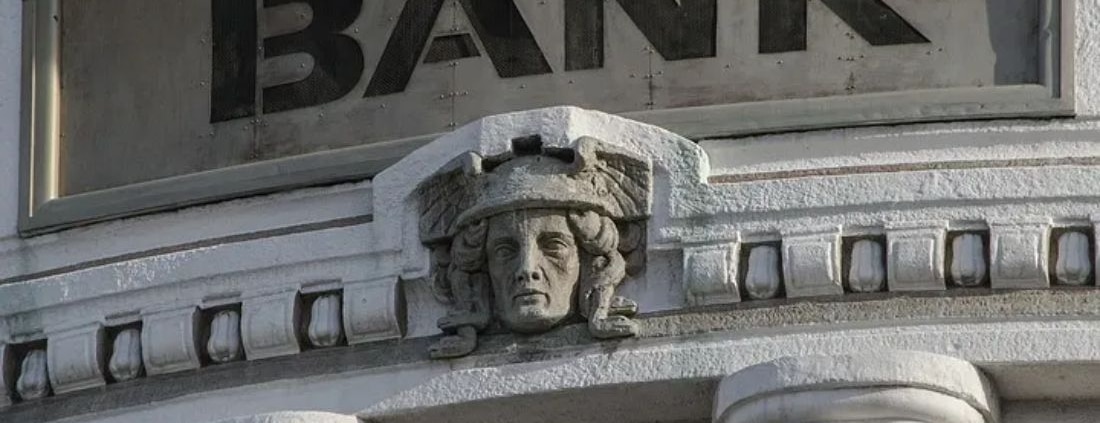How Long Does Bankruptcy Stay on My Credit Report?
How Long Does Bankruptcy Stay on Your Credit Report?
How long bankruptcy stays on your credit report is a factor to consider prior to filing bankruptcy. Your credit report is important when it comes to financing a car or a house. Understanding how bankruptcy may affect your credit is key to knowing what to expect after bankruptcy. Generally, federal law (the Fair Credit Reporting Act) dictates that credit bureaus may not report bankruptcy on your credit for more than 10 years from the date of filing.
How Long Does Chapter 7 Bankruptcy Stay on Your Credit Report?
Chapter 7 Bankruptcy stays on your credit for 10 years from the date of filing the bankruptcy. Your credit report will read something similar to “Discharged – Chapter 7 Bankruptcy”. However, you can obtain credit almost immediately after your receive your Chapter 7 Discharge. You typically receive a Chapter 7 Discharge about 4 to 6 months after your Chapter 7 Bankruptcy is filed. The old myth that “you cannot get credit for at least 10 years after bankruptcy” is just that – a myth.
How Long Does Chapter 13 Bankruptcy Stay on Your Credit Report?
Federal allows the credit bureaus to leave Chapter 13 Bankruptcy on your credit report for up to 10 years. However, the major credit bureaus (Equifax, Experian, Transunion) choose to remove Chapter 13 Bankruptcy from your credit after 7 years from the date of filing. They do this to incentivize consumers to file Chapter 13 (instead of Chapter 7) and attempt to repay some of their creditors. Once you receive your Chapter 13 Discharge, your credit report will read something similar to “Paid as agreed – Chapter 13 Bankruptcy” or “$0.00 – Chapter 13 Bankruptcy”.
What Does Having Bankruptcy on Your Credit Mean?
Again, just because your credit report lists a Bankruptcy does not mean you cannot obtain credit. It is just a way to give potential lenders notice that you file on a give date. It will also tell those potential lenders what types of debts were included in the Bankruptcy. The lenders use this information in two ways: 1. They use it to determine whether to offer you credit and how much to charge you in interest; and 2. They see that Bankruptcy date and know that they are safe because they know you cannot file bankruptcy again without waiting several years (depending on the type of bankruptcy you file). Naturally, having a single Bankruptcy on your credit is better than having numerous past due credit card or collections account. Plus, it shows that you take responsibility for your finances instead of just ignoring them.
Read “How Does Bankruptcy Affect My Credit Score?” to learn more or….
If you have questions, act now.
Contact your local Evansville Bankruptcy Lawyer at The Law Offices of Dax J. Miller for free unlimited consultations.





